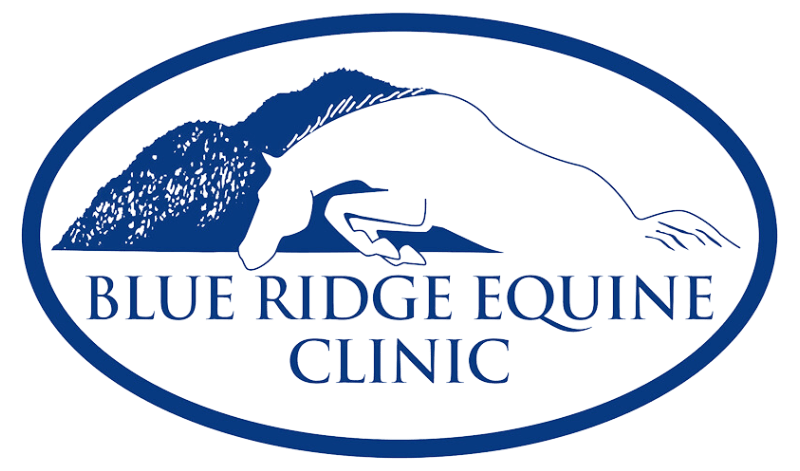Zoetis Update On Parasite Protection: Moxidectin Tops Fenbendazole
From Zoetis, maker of Quest dewormer: Small strongyles are the most prevalent and important internal parasites to adult horses.

Researchers analyzed FEC data 14, 45 and 90 days following treatment. At 14 days post-treatment, the mean FEC reduction was 99.9% for moxidectin-treated mares and 41.9% for fenbendazole-treated mares. Statistically significant differences were observed 45 and 90 days post-treatment, as well. This confirms small strongyle resistance to fenbendazole to be widespread, while moxidectin remains effective for controlling these harmful parasites. The rapidly dissolving formula of QUEST PLUS (moxidectin/praziquantel) Gel and QUEST (moxidectin) Gel are proven effective against encysted and larval stages of small strongyles and safe for use in horses and ponies, and foals 6 months of age and older.
IMPORTANT SAFETY INFORMATION: Do not use QUEST Gel or QUEST PLUS Gel in foals less than 6 months of age or in sick, debilitated and underweight horses. Do not use in other animal species, as severe adverse reactions, including fatalities in dogs, may result.
This study was funded by Zoetis the makers of Quest. This study was reviewed and provides valuable information for your veterinarian to use to help make decisions regarding your horses health care. It does not mean that Quest should always be used instead of Panacur but suggests that the potential for resistance should be considered when determining which dewormer is right for your horse. Talk with your veterinarian to decide which dewormers you should be administering to your horses.

